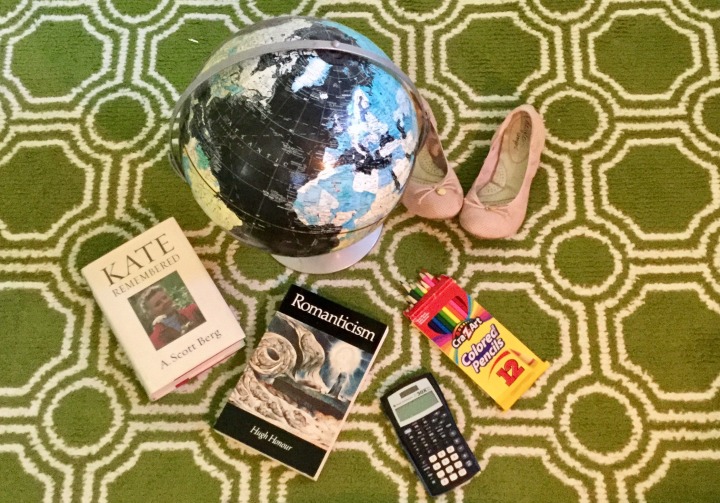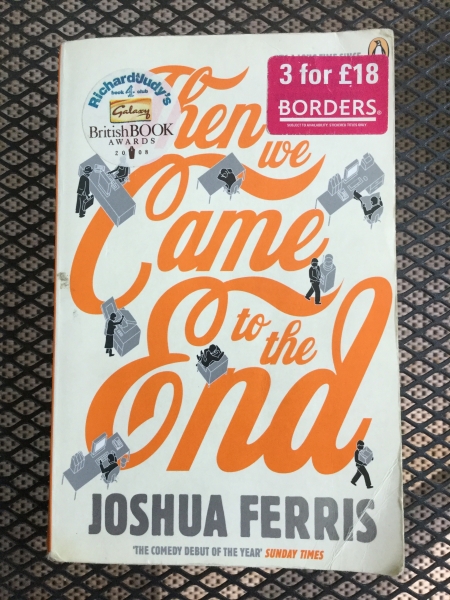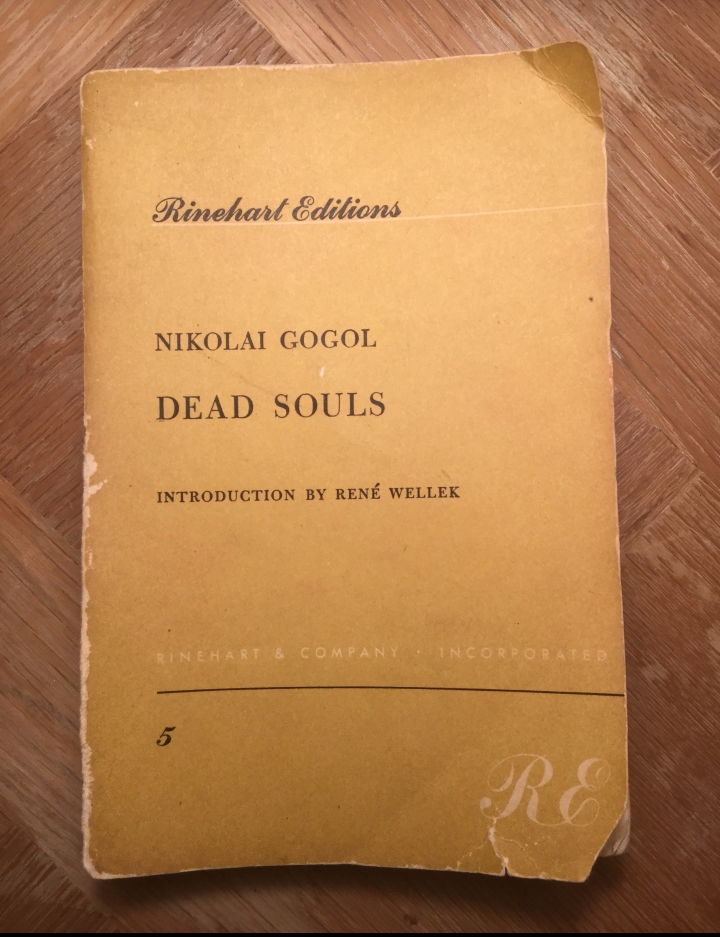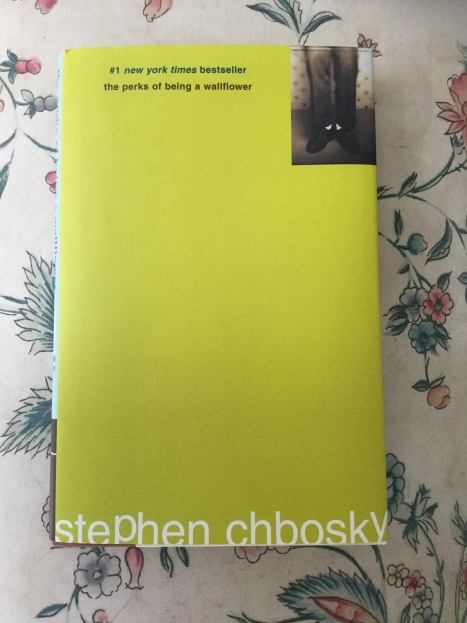“And by the way, everything is writable about if you only have the outgoing guts to do it, and the imagination to improvise. The worst enemy to creativity is self-doubt.” — Sylvia Plath
Hello, fellow bookworms! This Wednesday, we’re shakin’ things up a little (but don’t worry, I’ll be back with a Dickens review next week). Today, I’m going to share the reason that I’ve decided to make a fool of myself and pursue a career in writing.
As you know, there are multitudes of failed novelists roaming the streets. You know the type — the smokers, the drinkers, the damned thinkers (in full disclosure, I’ve actually never met one myself, but supposedly they’re all over New York). They are the ones who always had something to say, but they never quite made it.
And then there are the millennials/young people. I fit into the younger end of this category — the ones who have a voice, a certain originality, the “I’m going to be the one to do it” crowd. We all think we’re special, of course, because in our own heads, we have access to our deepest, most intellectual thoughts that we don’t share with anyone, but we know we’re all so deep and original.
When we share our goals to become novelists or poets or scriptwriters, our friends and family laugh at us and tell us to go into sales. Or worse yet, they give us this look of true pity and a fake smile, and maybe say, “Good for you.” They are under the impression that by giving us an Arnold Palmer smile-smirk and talking to us like babies, they are being decent human beings, when really they have no faith in our abilities whatsoever and are just waiting for us to fail, hoping for it, even.
We all know these people. Most of them end up being right, because unfortunately, most of us won’t make it as writers. Whether “making it” in the writing world means being published, appearing in Barnes and Noble, becoming a New York Times Bestseller, winning the Pulitzer Prize, or just finishing a short story, every writer has his or her own definition.
But we can’t listen to the pessimists if we want to make it, even if our chances are slim-to-none. Because, guess what? The people who tell you not to go for it are the people who never did. They are the people who were too afraid to fail, so they didn’t follow their dreams, and they are bitter enough to want to see you fail, too. Please, prove them wrong. Wipe that goddamn smirk off their faces. But don’t do it by lipping off, no matter how well-formulated your comeback is. Prove them wrong by actually hunkering down and writing, and editing, and finding a publisher, and doing whatever else you need to do. Work your ass off. Just please, do it. The look on their faces will be worth it alone.
So why do I ignore these nincompoops every time they ask me what I want to do, and tell them, very tentatively, that I want to become a novelist? Well, actually, I tell them that I want to be a legal writer, which is true. My plan is to dual-major in English and Law/Political Science in college so that I can become a legal writer and actually pay off my loans out of college, while working on my creative writing career. But I leave out the creative writing part because I am really, truly tired of people asking me what I want to do, then telling me that I can’t do it. I’m sure all you young writers out there experience the exact same thing on the daily. It’s really annoying, isn’t it?
To be perfectly honest, though, I might not be able to ignore these people if not for one person. I’m not going to identify my Gifted teacher, but he knows who he is. He is, after all, the one single person who has told me that I can make it as a novelist. Now let me be clear — this teacher is no idealist. He doesn’t beat around the bush, and he will immediately tell his students if he sees them fucking up. But he has read my current novella, and he truly seems to think I have something. And he truly seems to believe that, with enough hard work, I have a chance.
Now, does he tell the same thing to all his students aspiring to be writers? Probably. But he is making a genuine effort to help me become a novelist. I’ve gotten book and writing school recommendations from him, and even though our Gifted program is basically ending this year, he will be helping me to edit my book next year and “get it out there”, whether that means self-publishing or story contests. Once again, that is this man’s job. But he has never let me believe, not even for a second, that I could not become a novelist.
I believe that if we have one person, just one person, who believes in us, then we have a much greater shot of making it than those who do not. Find that person. Find that mentor who will support you and be totally honest with your fuckups. This might not sound like credible advice from someone who hasn’t “made it” either yet, but trust me, please.
Before I finish, I’d like to share with you one of the lessons my teacher has shared with me. As a dual English-Philosophy major, he was likely to end up back home himself, but he actually landed a teaching position at his alma mater. The most important thing that one can do to land an unlikely career, he explained to me, is to have a plan. A real, solid plan. This is probably the most boring advice I could give, but when you think about it, he must be right. What separates the dreamers from the doers? What separates the people who give up at the first trial from those who keep persisting? A plan.
Dreams are great, they are the foundations of our goals, but a house needs more than a foundation. I’m not trying to John Green it up with the metaphors, but you know what I mean. What is your plan to make money after college and pay off your debts? Personal creative writing is not going to pay off your student debt, unless you publish a best-seller right out of college. That is not to say you shouldn’t go for it, but when you add the slightest hint of logic, you need another job. That is not to say that the job can’t be in writing, either. How are you going to fund yourself as a creative writer without a job, though? Maybe one day, you won’t need a day job.nov







